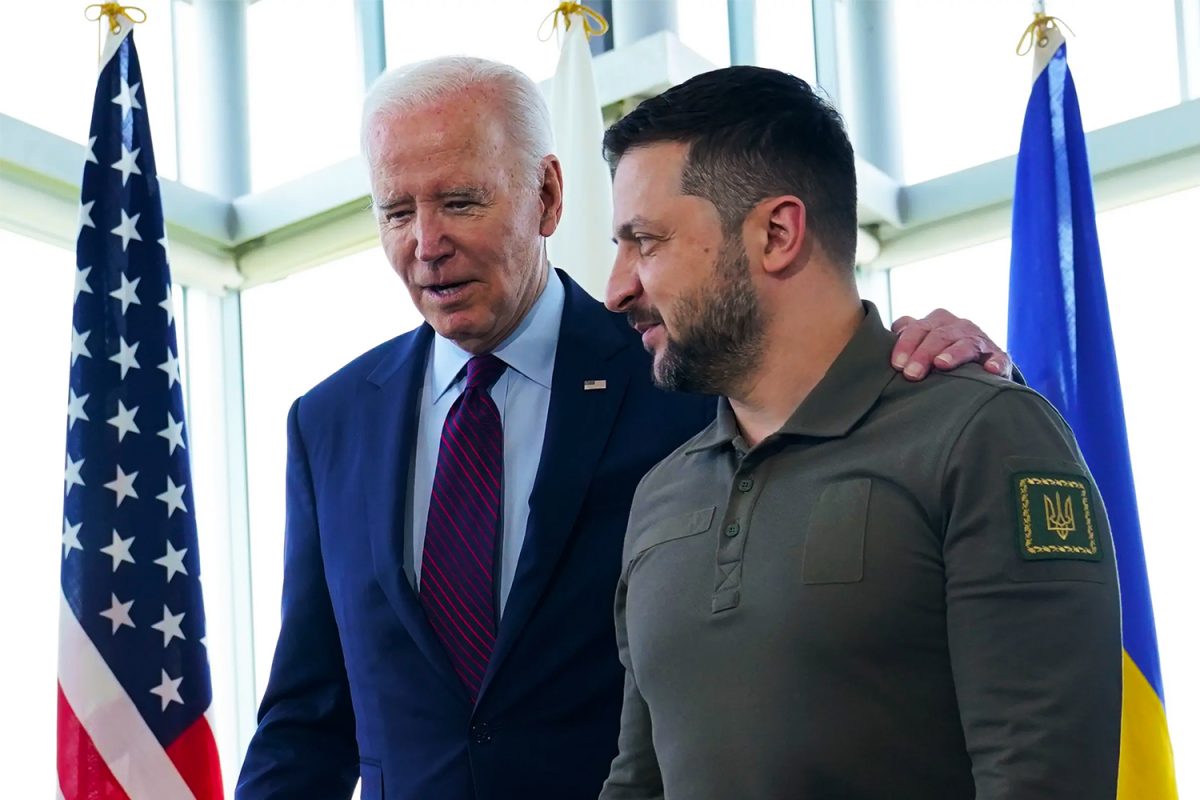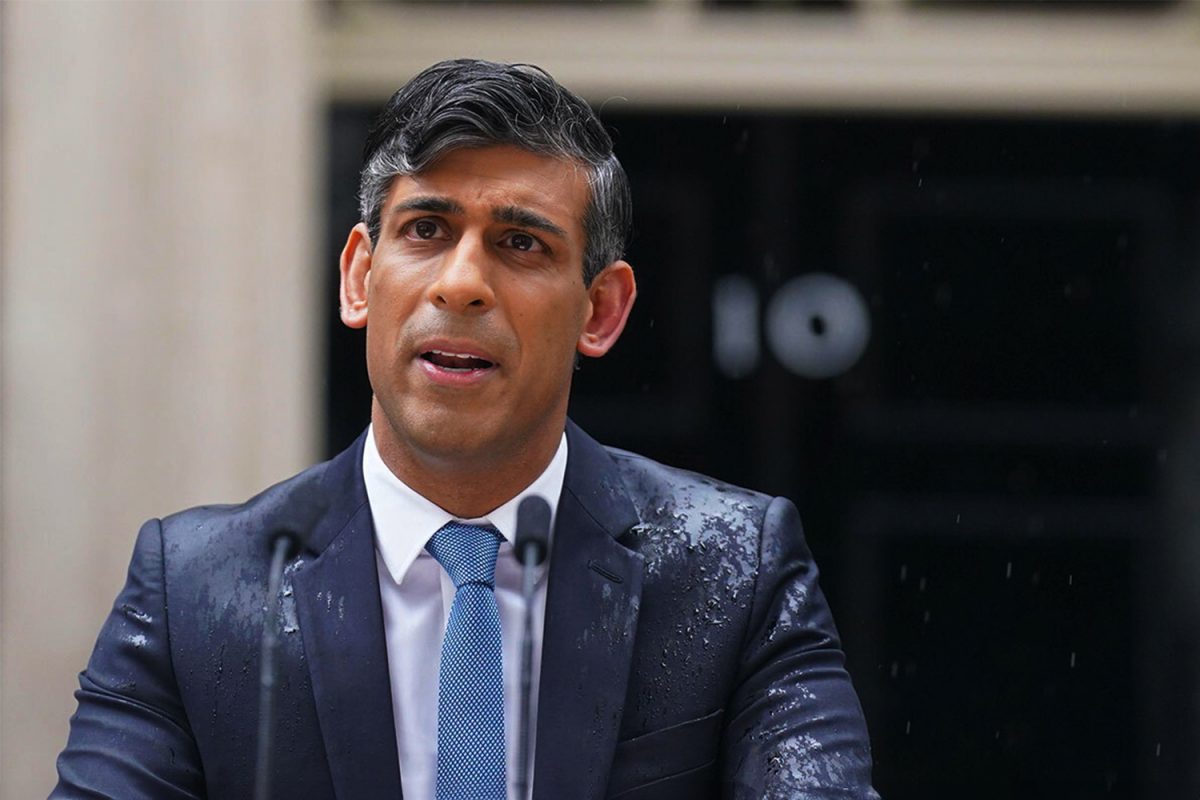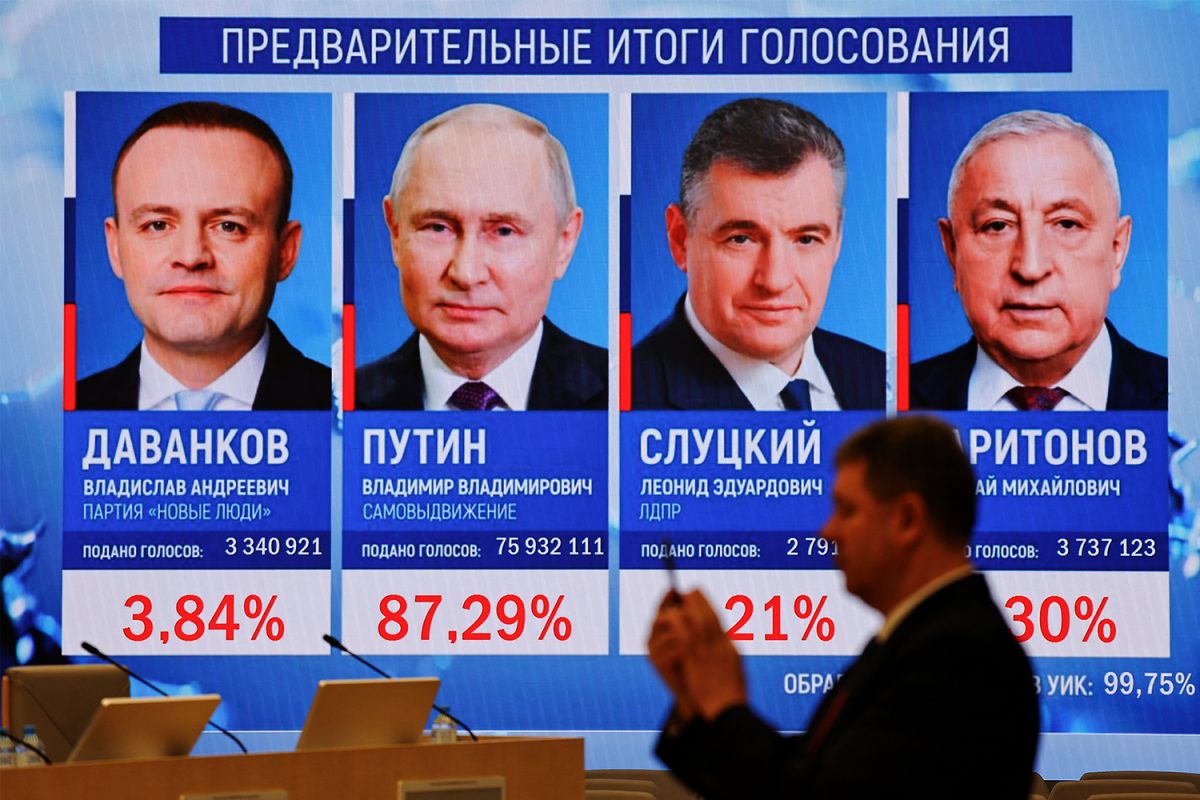The best way to test any nation’s capabilities is to assess them when they are required to project power. Similarly, the best test of a nation’s alliances is to see what happens in its moment of need. This is the situation Russia finds itself in as it tries to grind out a military victory in Ukraine. The narrative has long been that Russia is a global power, it is returning to the position it once held. With its alliance with China she is trying to overthrow the global liberal order. Along with its modernising military Russia can project military force globally and has its eyes on expanding into Europe. However, the Ukraine war and the subsequent economic, political and military fallout shows this narrative needs to be reassessed.
China: The Absent Partner
The Sino-Russian axis has for long been seen as the only bloc that can challenge US global supremacy. Whilst China and Russia have had a difficult history their relations have grown and deepened since the collapse of the Soviet Union. China’s miraculous development since 1979 and Russia’s resurgence since Putin became the leader in Moscow has seen both propose and push for alternatives to the US led global order. But all of this was all thrown into doubt when China abstained from voting at the UN security council resolution condemning Russia for invading Ukraine. China even criticised Russia and told Moscow to stop attacking Ukraine and withdraw all troops immediately.
The Sino-Russian relationship is really a partnership rather than an alliance. Both nations, despite their rhetoric, are not prepared to go to war for each other based on some shared beliefs. Their beliefs are also their biggest area of divergence. Whilst both agree the US is a problem and poses a threat to both nations’ interests, Russia and China have very different visions for the world they would like to see. China sees Eurasia as a continent that is criss-crossed with economic corridors and trade routes from the Atlantic to the Pacific. China also wants to use the continent as its main export market that circumvents the global sea lane of communication (SLOC), which is dominated by the US.
The Sino-Russian relationship is really a partnership rather than an alliance. Both nations, despite their rhetoric, are not prepared to go to war for each other based on some shared beliefs
Russia on the other hand has a vision for Eurasia which is at complete odds with China’s vision. Russia sees the borderlands adjacent to her in Europe as its sphere of influence, with Russia having exclusive control and-power in these territories. The ultimate goals in the Sino-Russian axis are divergent and clash, despite all the rhetoric. This is why China not only criticised Russia, but it also took a cautious stance, fearing what could happen if it backed Russia openly. China may criticise the west and what they stand for, but China depends on the same west as it’s the main export market for its economy.
Regional Power, not Global Power
Russia today has commercial ties with Venezuela and Vietnam. It has defence ties with Egypt and Angola. From Syria to Libya we have seen Russia intervene in conflicts projecting an image of a global power. Russia today is not the Soviet Union on a global mission to foment revolution and establish communism. The Russia of today has no values, ideology or global message for the world to subscribe to. Russia’s message to the world is limited to the world respecting Russia and viewing it as a power, this nationalistic fever has gained little traction beyond the Slavic people
Russia can only count some of the former Soviet republics as allies, who, out of compulsion rather than shared interests, side with Moscow. North Korea along with Eritrea, Syria and Belarus is not a political bloc that poses a threat to the global liberal order. However, China and Russia, on paper, pose a future bloc that could challenge key tenets of the global system. That said, both have failed to present an alternative world order for the world to subscribe to. They continue to act as spoilers to the US and criticise the order the US established, but beyond this there has been little concrete action.
The most glaring shortcoming of Russia is its failure to attract Ukraine to Russia’s orbit. After decades of influence over its neighbour, Ukraine is closer to the West than ever before and with its invasion it has likely lost much of the hearts and minds of Ukraine’s population forever. Russia’s problem is, unlike its Soviet predecessor, it has nothing to offer the Ukrainian people. Being a neighbour to Russia and within its sphere of influence is not a future that the large bulk of the Ukrainian people aspire to. Rather than winning the people of Ukraine to its regional view, Russia has been forced to use force. The failure to attract its neighbour who it shares a 1400 mile border with is indicative of Russia’s lack of influence.
The Russia of today has no values, ideology or global message for the world to subscribe to. Russia’s message to the world is limited to the world respecting Russia and viewing it as a power, this nationalistic fever has gained little traction beyond the Slavic people
New Wars, Old Problems
The first week of Russian invasion of Ukraine has revealed, once again, Russia’s glaring military problems. Russia has struggled with logistics and supplying its troops. This resulted in a stalled front and the 40 mile static convoy outside the Ukraine capital, Kiev. Previously, Russian officials had done a good job at projecting the nation’s military as a power to be feared. The Red Army of the past with its numerous tanks, nuclear weapons and missiles sowed fear across the world. But Russia’s military has been struggling to modernise ever since the Soviet Union collapsed.
The economic collapse of Russia during the 1990’s meant much of its equipment was not maintained and most of it will never be usable again. The cost of replacing so many vehicles, jets and weapons systems is prohibitively expensive and that’s why Russian military modernisation continually stalls. This is why Russia in the 21st century and until its invasion of Ukraine, has carefully chosen the conflicts it gets involved in and in all of these it projected its interventions well beyond what it actually did. In Syria, Libya, Vietnam and Nagorno-Karabakh, Russia faced little opposition and kept its troops out of harm’s way.
All of this has now been exposed in Ukraine where no amount of futuristic weapons can fix the basic task of invasion warfare. Whilst Russia has not lost the war in Ukraine, it now faces the grinding task of increasing troops and weapons systems and supplying them and restructuring the tedious, but absolutely necessary logistics administration. These are not signs of a global military power but a military with numerous challenges that still need to be worked out and overcome.
Uniting a Divided Europe
Russia has been invaded from Europe every century for the last 600 years. In the last 200 years Russia has been invaded, on average every 35 years. Russia’s expansive lands, resources and breadbasket has for long attracted European invaders. This is why Russia has for long looked to push its borders into Europe in order to create a buffer zone. During the Soviet Union Moscow was a thousand miles from Berlin in Germany, which was the border of the Soviet Union. In 1991, Russia’s European border shrunk to just 300 miles from Moscow.
Once Vladamir Putin and the security class took power in Russia, energy became a key tool for Russia, which it used to divide Europe. Russia was able to contain anti-Russian sentiment in Europe by using its relations with those European nations that came to depend on Russia’s energy. Countries such as Germany actively encouraged this relationship, believing that closer economic relations would contain Russian ambitions.
But all of this changed with Russia’s invasion of Ukraine. Europe is now united with the US against Russia as it crossed a red line by invading Ukraine. Even Germany, who was dragging its feet about sanctions on Russia, is united now in condemning Russian aggression. In one act Russia united a divided Europe. Russia has also kick started Germany’s rearmament, after decades of restraint by Berlin. This is not a good sign as it was German rearmament in the 20th century that led to two world wars and two invasions of Russia.
In one act Russia united a divided Europe. Russia has also kick started Germany’s rearmament, after decades of restraint by Berlin. This is not a good sign as it was German rearmament in the 20th century that led to two world wars and two invasions of Russia
Shouting Louder than you’re Capable
Russia has for the last two decades been shouting louder than its capable and projecting an image of strength with a hollow military and economy. However the conflict in Ukraine turns out, Russia has been cornered by the other powers and will find it difficult to go back to the way things were prior to its invasion. Some may believe Russia can bounce back, as it has done so in the past, but there are many trends going against Russia which makes this very unlikely.
Russia’s population is in decline and will continue to do so with a declining fertility rate. A nation’s demographics affect everything from how large one’s army can be to tax revenues to the size of the economy.
On the economic front Russia’s economy still depends on the global price of energy and metals and the Kremlin has failed to develop other industries with this surplus wealth. With the sanctions now placed on Russia, relying on energy is now a liability rather than an asset. Despite possessing ample reserves, Russia failed to build a modern economy but instead focused on prolonging its energy reliance.
On the energy front Russia will also soon be facing significant challenges. Russia’s primary oil-producing region – the Western Oil Basin – is in decline, which has been producing over 60% of Russia’s overall oil production for decades. In the mid-2000s, the West Siberian conventional fields revitalised the Russian economy, but today, many of these fields have since plateaued or begun to decline. Russia now needs to turn to new basins and regions to keep current production levels going. New fields will need to be found and developed. Russia is now being forced to explore unconventional energy sources which are situated in hard to recover areas in the Caspian, Black and White sea regions, as well as deep drilling in the Arctic and East Siberian fields. Russia now faces an array of unsatisfying options when it comes to the future of energy.
Russia may believe it is a global power and should be treated as one, but the truth is it’s a regional power, trying to secure its borderlands, which it’s struggling to do. Its sole tool is its energy resources, which have now been effectively sanctioned, which in the medium to long term may no longer play the key role it has historically played. Without any real allies and an alliance system Russia has achieved much with a weak hand, but the future is already moving against it.




